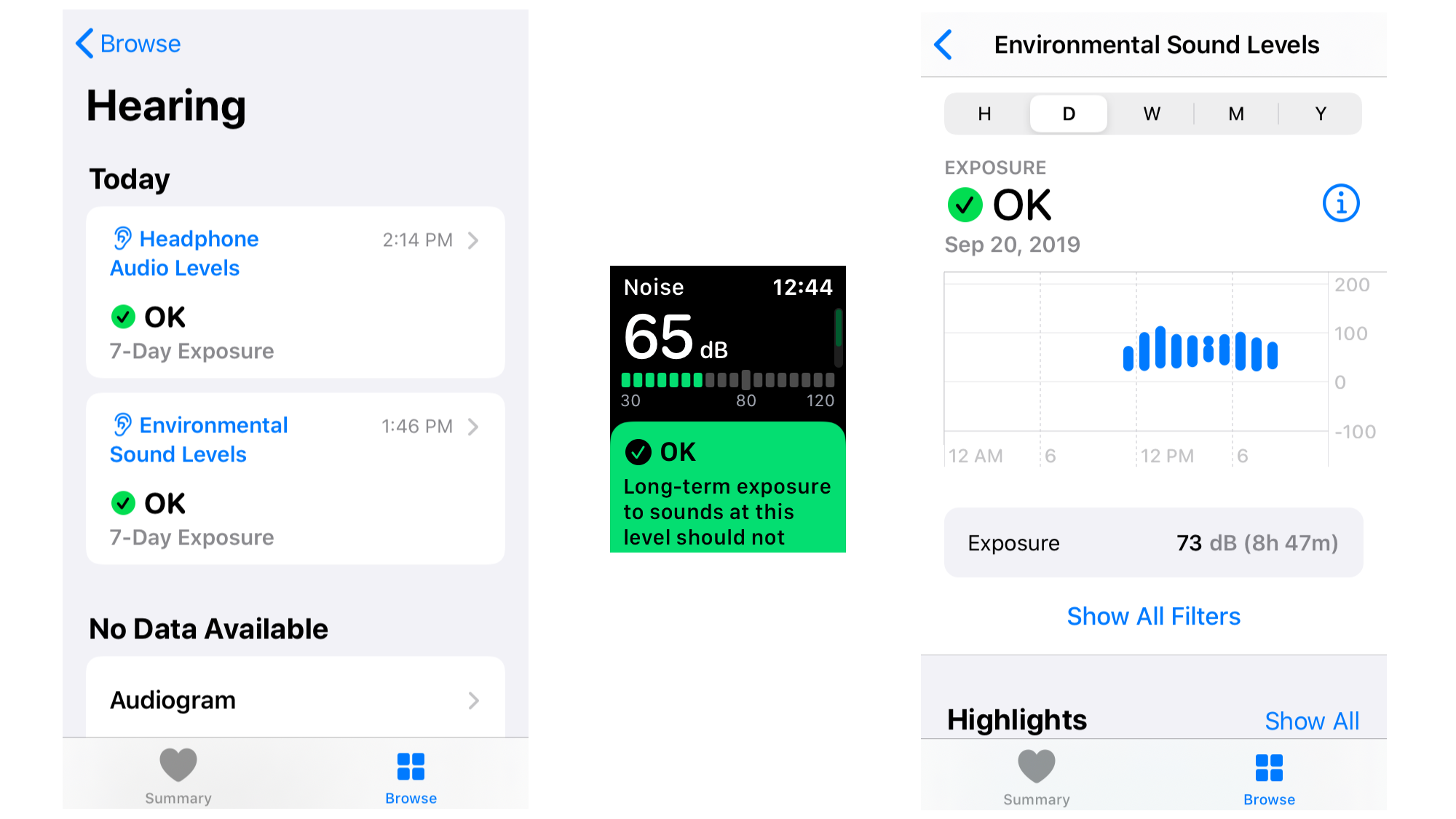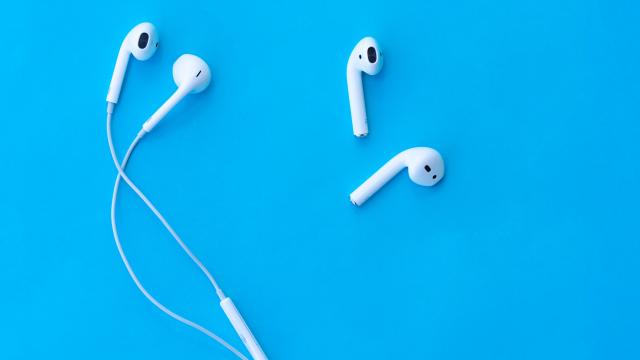With Privacy Awareness Week in full swing, I’ve been thinking a lot about how much data about me is in the hands of companies that I may have once trusted but that have changed or been exposed as being less than trustworthy. Here’s what they say they know about us and what you can do to erase that data from their systems – assuming they are true to their word and actually delete the data when asked.
What does Facebook know?
Facebook provides a list of categories of Facebook data are available to you.
The phrasing Facebook uses is interesting. Rather than saying this is all the data they have about you, they say it is the “categories of Facebook data that are available to you”. I assume, based on that weasel wording, that Facebook has more data about us, presumably profile information created by using the data we provided to build algorithmic models to determine what content we see and what ads are presented.
You can download your Facebook data and review it to see what they have.
What does Google know?
Given its mission to organise the world information, it’s no surprise that Google has amassed a massive index of data and is probably the best company on the planet eat collecting and managing data. It’s been at it for 20 years and has become very efficient.
The old “Don’t be evil” motto was abandoned just over a year ago although given its dealings in some countries, it stopped being a core value some time before.
Google’s privacy policy provides a list of the data it collects but presents it in a much softer way, telling the story of how it uses the data to create better services
If you’re interested in seeing what Google has collected, pop over to the My Google Activity page, log into your Google account and take a look. You can selectively delete items from your history by clicking on the three dots adjacent to each item in the list and choosing the delete option.

You can also choose to delete your data by type or service for specific date ranges.
What does Amazon know
Aside from shopping and Alexa, Amazon doesn’t have the same visible footprint on our lives as Facebook and Google. But the Bezos Behemoth is as much a part of your online experience as those others – and perhaps even more.
Many services you use, like SaaS applications, online file sharing and synching, and internet gaming are built upon the infrastructure delivered through Amazon Web Services.
When journalist Kashmir Hill tried to block Amazon from her life using a custom VPN, over 23 million IP addresses were blocked. And that wasn’t enough as even though services were delivered from AWS, the use of content distribution networks obfuscated AWS’ role.
If you’ve stopped on Amazon, then your purchasing history is certainly part of its repository of data. And if you’re used Amazon Prime to watch movies, read books and listen to music, that’s all there as well.
If you own an Alexa, then there’s also database holding recordings of all the times you, or someone in your home, spoke to Alexa.
You can find that in your Alexa app by going tot Settings | Alexa Account | History. You can then choose to delete that recording.
If you use the Internet, avoiding big tech is almost impossible
Using the internet without using services and providing data to major tech companies is almost impossible. The work of Kashmir Hill in trying to avoid Amazon, Facebook, Google, Microsoft and Apple highlights how deeply ingrained these companies are in our every day lives.
Hill found that it was possible to do most things without them but it required some significant workarounds and accessing tools usually reserved for folks on the dark web.
The reality is that the best most of us can do, if we want to use the web, is to limit what we share. That means reviewing settings in our accounts and on devices to limit what data is being collected and held.
It means reviewing what’s being stored, deleting it from services and trusting that when we delete data that it’s really deleted.
Whenever you use an online service, you should expect that the data that’s created as a result of your activity is going to be collected and monetised.
It’s become an aphorism that if you’re revving a product for free, then you are the product.

Comments